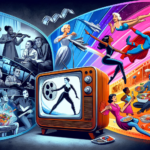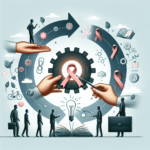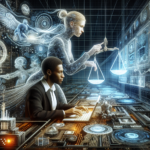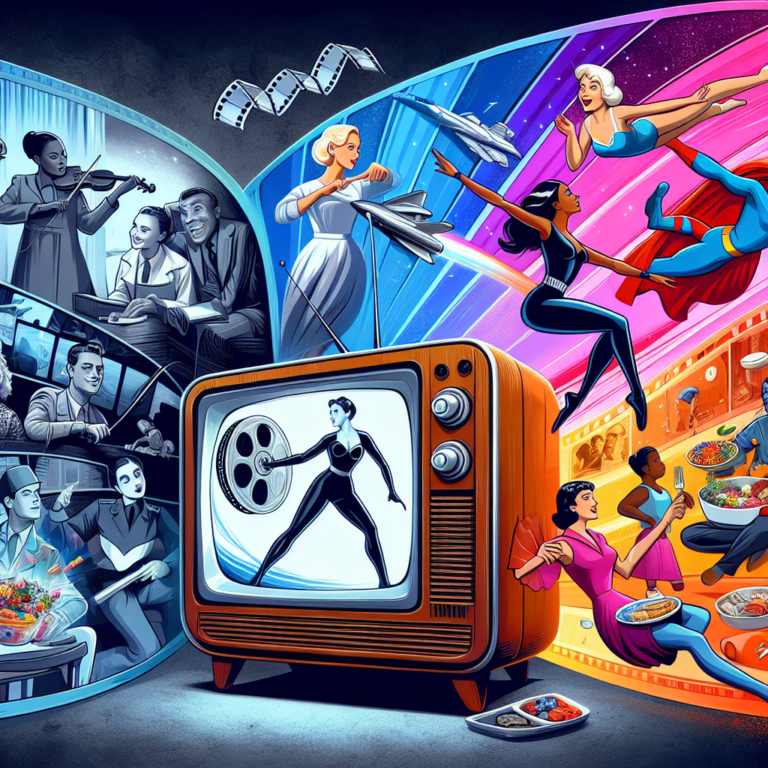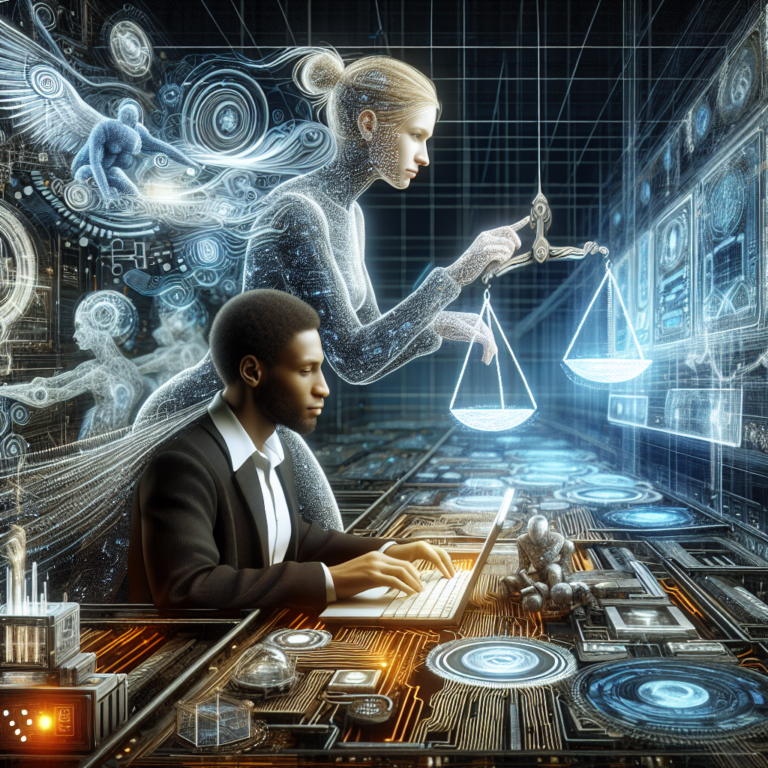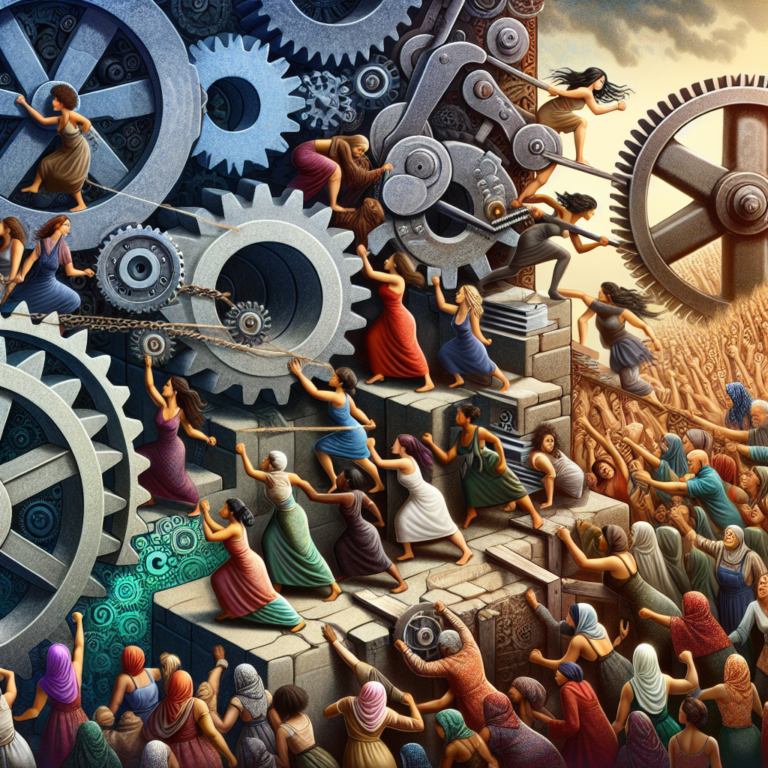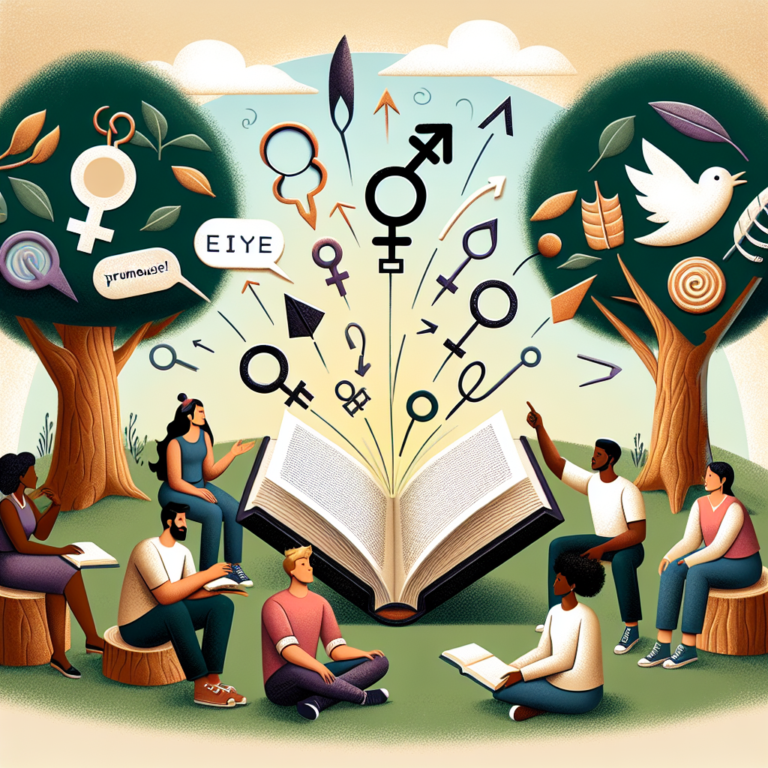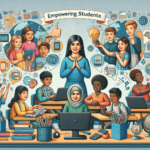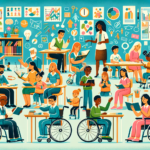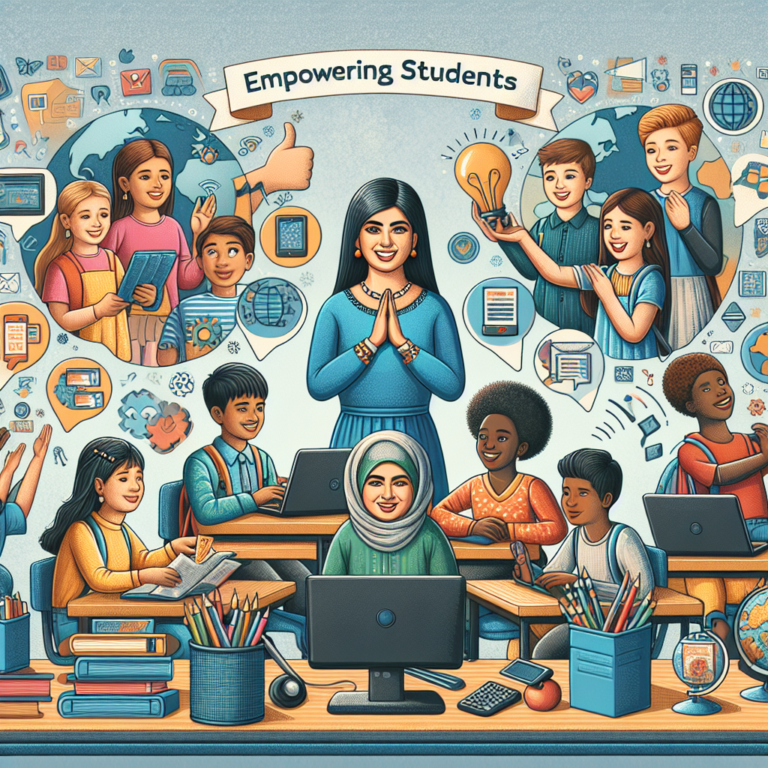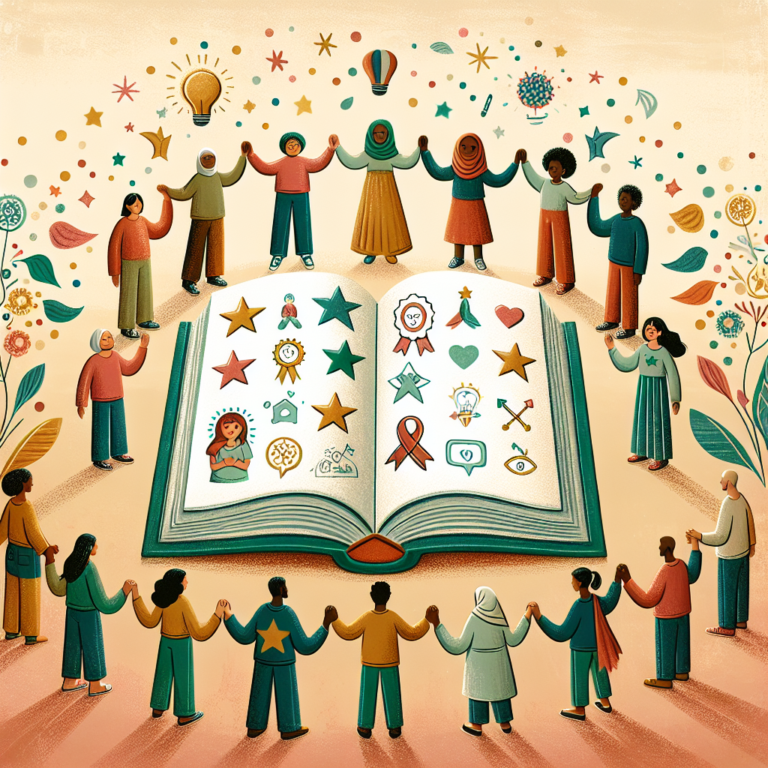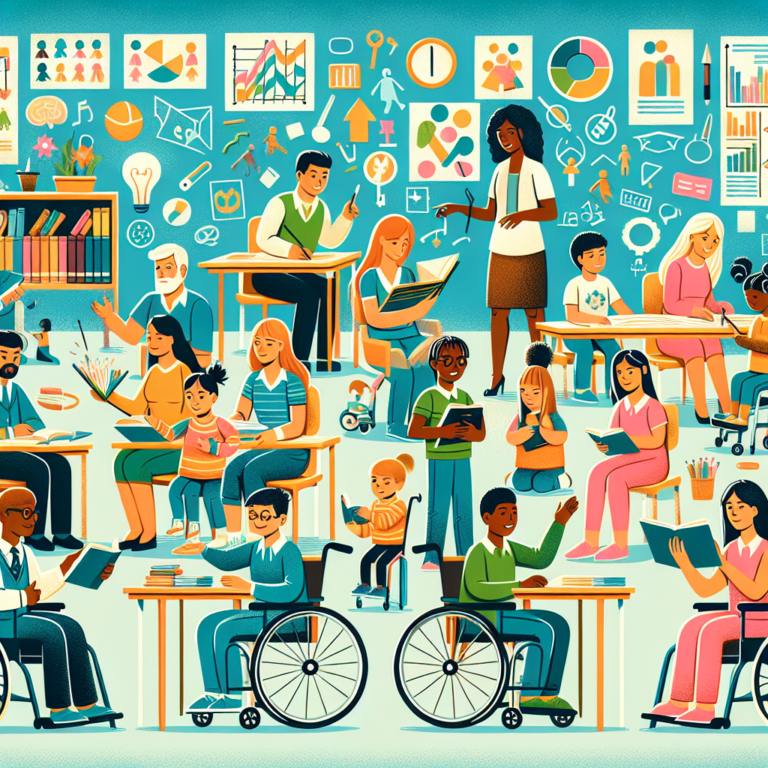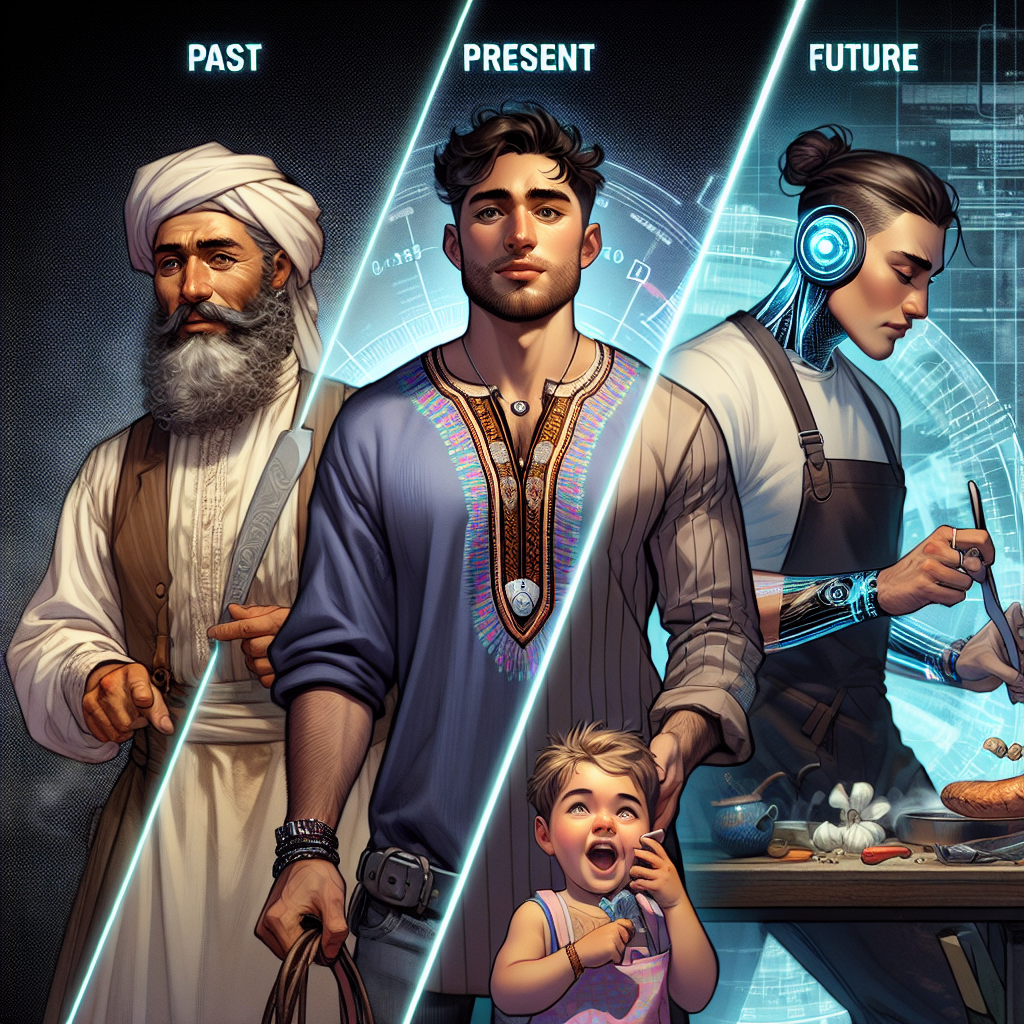
Introduction
In a world that continually changes, the notion of masculinity has transformed dramatically. Gone are the days when manhood was defined by rigid stereotypes of strength, stoicism, and emotional unavailability. Today, we explore "Beyond the Stereotypes: The Evolution of Modern Manhood.” This article delves into the complexities of what it means to be a man in the 21st century, offering insights, real-world illustrations, and potential pathways for personal growth.
The Historical Context of Masculinity
The Traditional Masculine Archetype
Historically, societies have celebrated dominant traits in males—traits often characterized by physical prowess, bravery in battle, and a disposition that favored absolute control over emotions. Many cultures endorsed the “tough guy” stereotype, where men were expected to be the breadwinners while suppressing their vulnerabilities.
The Shift in Gender Roles
Starting in the latter half of the 20th century, societal demands began to evolve. The feminist movement played a pivotal role in breaking down traditional gender norms, encouraging men to reconsider their roles within both professional and personal spheres. Increasingly, traits such as empathy, cooperation, and emotional intelligence became valuable assets.
The Modern Man’s Dilemma
Defining the New Masculinity
The pivotal question arises: What does it mean to be a man today? As we venture "Beyond the Stereotypes: The Evolution of Modern Manhood," various definitions emerge. Modern masculinity encompasses emotional aptitude, collaborative leadership, and a willingness to engage with one’s vulnerability.
Case Study: The Rise of Stay-at-Home Dads
One compelling illustration of this shift can be seen in the increasing number of stay-at-home fathers. Data from the U.S. Census Bureau indicates that over 2 million fathers in the United States are stay-at-home dads, a figure that continues to grow. These men often undertake household responsibilities while still contributing to family dynamics and emotional well-being.
Analysis
The rise of stay-at-home dads not only challenges traditional views of masculinity but also exemplifies the potential for new, enriching family models. These men prove that involvement in parenting does not diminish their masculinity; rather, it redefines it, adding depth and relatability.
Emotional Intelligence: The Cornerstone of Modern Manhood
Understanding Emotional Intelligence
To navigate the complexities of modern relationships, emotional intelligence is essential. This involves recognizing one’s emotions and the emotions of others, enabling men to foster genuine connections.
Case Study: Men’s Support Groups
In recent years, men’s support groups have gained traction as a means for men to express vulnerabilities in a safe, supportive environment. These groups focus on discussion, sharing, and dialogue regarding mental health, relationships, and fatherhood.
Analysis
Support groups reinforce that vulnerability is a strength, not a weakness. By sharing experiences, these men foster a sense of community while dismantling the archaic notion that emotions equate to inadequacy.
Redefining Success: From Materialism to Fulfillment
Beyond Economic Success
Many men traditionally measured their success through financial achievements and social status. However, modern manhood has seen a notable shift toward valuing personal fulfillment and relational success instead.
Case Study: Entrepreneurs and Creatives
Entrepreneurs and creative professionals exemplify this transition. Many choose careers driven by passion rather than just financial gain, showcasing a new paradigm of success connected to personal values and happiness.
Analysis
This shift illustrates that men are now prioritizing well-being and purpose over material accomplishments. By redefining success, they create a more comprehensive and holistic model of masculinity.
Challenging Societal Norms Through Advocacy
Men’s Advocacy and Feminism
Today, many men actively participate in the feminist movement, recognizing that gender equality benefits everyone. The conversation has evolved to include men’s roles in advocating for gender equality and addressing toxic masculinity.
Case Study: Male Allies in the Workplace
In numerous corporate environments, male allies work to support female colleagues, advocating for policies that promote gender equality, such as equal pay and parental leave.
Analysis
Active engagement in feminist aims helps men challenge stereotypes surrounding masculinity. By becoming advocates for gender equality, men contribute to a more just society while reshaping their identities.
An Emotional and Physical Wellness Focus
Mental and Physical Health for the Modern Man
A well-rounded approach to wellness is crucial. Modern men are increasingly acknowledging the importance of both mental health and physical fitness, dispelling the myth that vulnerability is synonymous with weakness.
Case Study: The Growing Popularity of Wellness Retreats
Wellness retreats focused on holistic health have surged in popularity, attracting men interested in mental clarity and emotional well-being. These retreats often promote physical wellness through activities such as yoga and meditation.
Analysis
By investing in personal health, modern men exemplify that masculinity today involves nurturing one’s body and mind. Emphasizing holistic wellness invites a more integrated view of masculinity, promoting longevity and emotional richness.
Conclusion: Embracing the Evolution
"Beyond the Stereotypes: The Evolution of Modern Manhood" reflects a significant, ongoing transformation in how we define masculinity. As men embrace emotional intelligence, redefine success, and engage in advocacy, they foster a more inclusive and diverse understanding of what it means to be a man.
Each individual’s journey contributes to this evolving narrative, proving that masculinity is not confined to outdated norms but is a broader spectrum that includes empathy, vulnerability, and collaboration.
Key Takeaways
- Redefine Success: Shift from material gains to personal fulfillment.
- Embrace Vulnerability: Engage with emotions to foster relationships.
- Be an Advocate: Support gender equality initiatives actively.
- Focus on Wellness: Integrate mental and physical health for a holistic approach.
- Cultivate Community: Participate in support networks that elevate shared experiences.
By understanding and embracing these evolving ideals, we can move toward a more enriched and authentic understanding of modern manhood.
FAQs
1. What is modern manhood?
Modern manhood encompasses qualities such as emotional intelligence, vulnerability, and community engagement, challenging traditional stereotypes of masculinity.
2. How can men redefine success?
Men can redefine success by focusing on personal fulfillment and emotional well-being rather than solely financial achievements or societal status.
3. Why is emotional intelligence important for men?
Emotional intelligence enables men to form healthier relationships, communicate effectively, and navigate both personal and professional challenges.
4. How can men promote gender equality?
Men can promote gender equality by advocating for policies that support equal treatment, participating in conversations about gender issues, and challenging their own biases.
5. What role do support groups play in modern manhood?
Support groups provide a safe space for men to express vulnerabilities, share experiences, and foster community, ultimately reshaping notions of masculinity.
Through this exploration, we invite readers to engage in their own journeys of self-discovery and growth as we collectively move "Beyond the Stereotypes: The Evolution of Modern Manhood."
